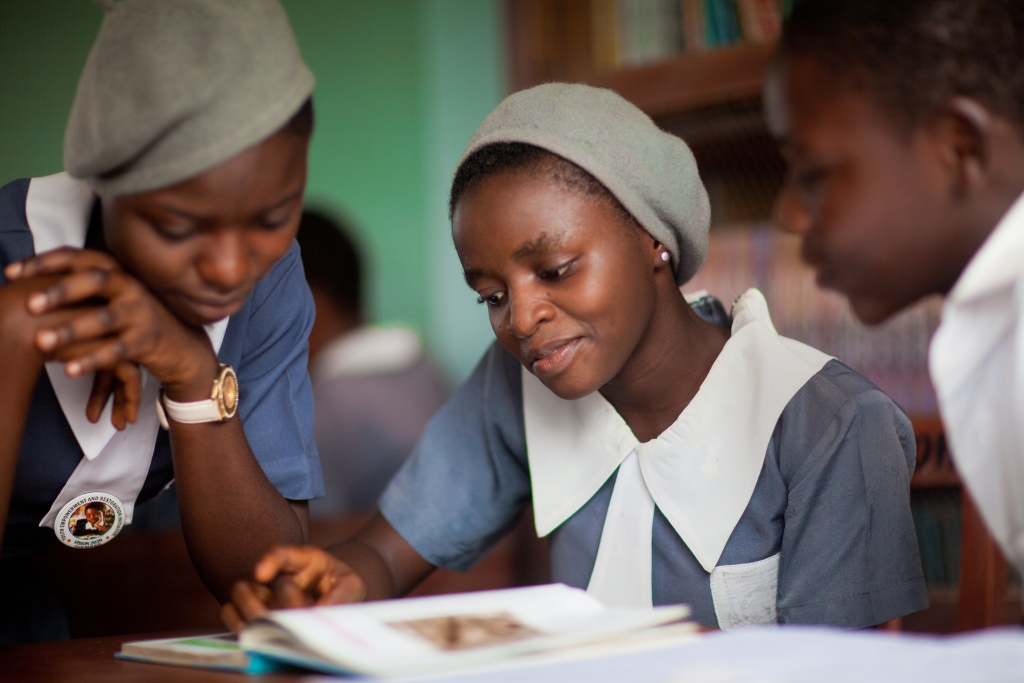Some Non-Governmental Organisations (NGOs) have urged women to sustain advocacies on girl-child education and ending violence against women and girls at the grassroots level.
The organisations made the call at a one-day strategic meeting to develop action plan on priority actions for its Change Agents held in Abuja.
The meeting was organised by Women for Women International (WFWI) in collaboration with Women’s Rights Advancement and Protection Alternative (WRAPA).
The Director, Programme and Administration, WRAPA, Anita Ari, said that there was the need for the change agents.
Ari said that such agents should be women drawn from the grassroots to sustain their advocacy programmes to promote girl-child education, women empowerment and ending violence at the grassroots level.
“The action plan is one of the sustainability plans because if they have it, they will be able to use it to get funding to continue to do the work they are doing.
“Because WFWI that have been supporting them will not be there forever.
“Also, we plan for them to have a register entity that is legally registered.
“This is because there is an implication for establishment that is not legally registered not to live up to their obligations especially when they get funding from philanthropists,’’ she said.
Similarly, the Country Director, WFWI , Ms Bukola Onyishi, said the organisation had trained over 5,200 change agents in phases for 12 months under its five years project.
Onyishi said that the training was done with the support from Government of Netherlands under the Funding Leadership and Opportunity for Women.
She said the women were trained to identify problems in their communities, sensitise the people, engage with decision makers and power holders to bring a change and ensure implementation of gender responsive laws and policies.
“These, they have done and they put the action plan into action. At the community level, they have issues like rape in communities, inheritance problems, education for the girl child and others.
“It is important that their voices are heard or amplified at the state level or at the national level and engage with their legislators for people to know their pain at the grassroots level,” she said.
Onyishi, said even though the project would end in 2020, the women were expected to sustain it by continuing to amplify their voices on issues affecting women and girls in their communities to bring an end to negative vices.
She revealed that the women were also trained on social empowerment engagement, economic empowerment engagement and various skill programmes like animal husbandry, small business training, knitting and others.
Ms Tamwakat Hassan, a participant and also a Change Agent, from Plateau, said the impact of the training had reduced prevalence of violence against women and girls, land inheritance issues and promoted girl-child education at the grassroots.
“The first advocacy we did was for women to come out and have something for themselves like managing their own business, land inheritance and fight against rape issues.
“We educate our women about rape and also for them to educate their children too.
“Before now, issues of rape is not seen as an offence at the community levels but thought training, we have come to know that is violation of human right,’’ she said.
Hassan, therefore, appealed to the government to fully implement the Violence Against People (Prohibition) Act, Child Rights Acts and other policies that would protect the women and children and ensure offenders were prosecuted.

Leave a Reply